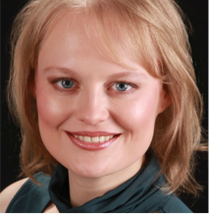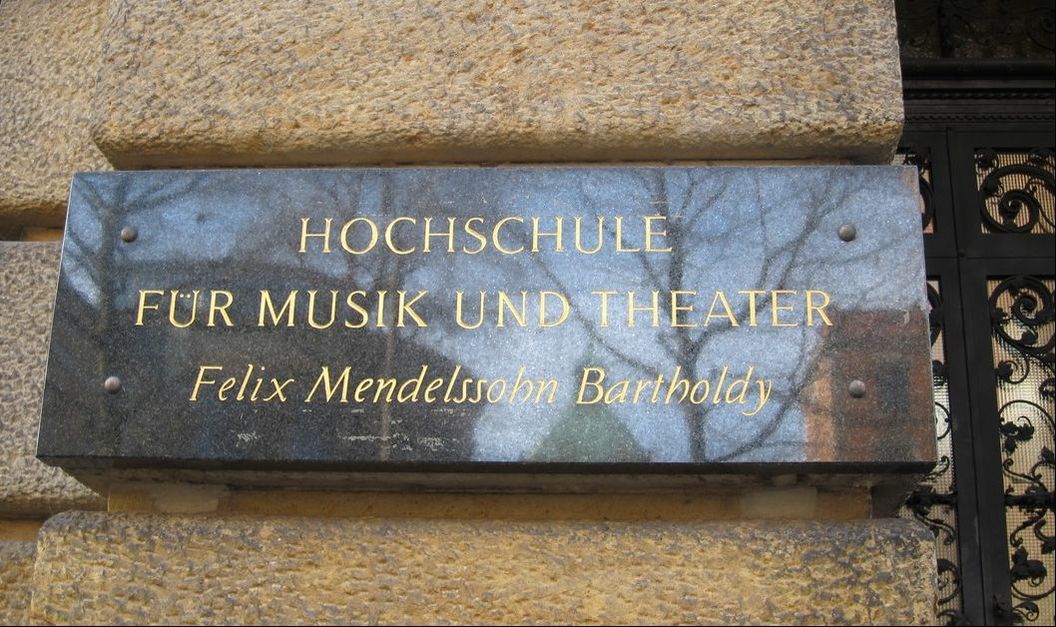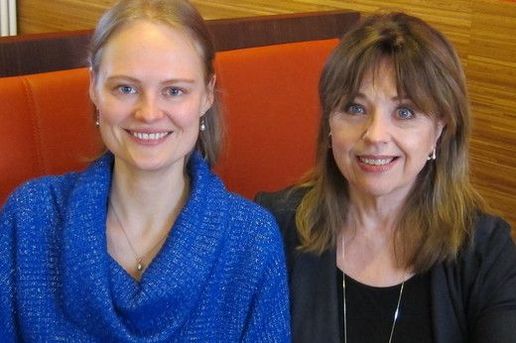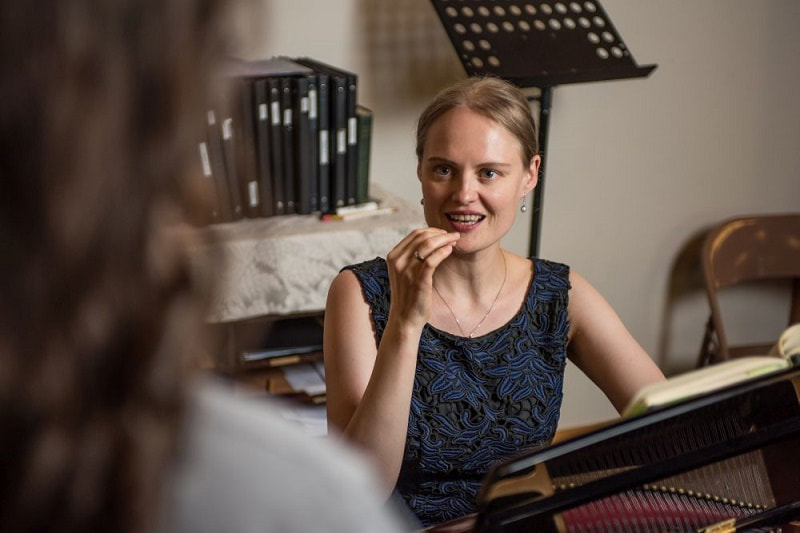|
Applying to universities is daunting. Applying to universities in a foreign country can be downright terrifying. But guess what? It doesn’t have to be terrifying! Here are some of the basics for getting started on your German music school search. First of all, let’s clear something up. Music school translated in German is Musikschule. This is not a music conservatory. This is a school for children or adults studying music just for fun in the afternoon or evening. Some of them might become a professional musician later, but not necessarily. What you are looking for is a Musikhochschule. That’s a conservatory! How else are music schools different in Germany? I’m glad you asked. The academic year is divided between the summer semester (April 1 - September 30) and the winter semester (October 1 - March 21.) Each school is a little different. For some schools, programs only start in the winter semester. In others, especially for master degree programs, you can start in winter or in summer. If you go on a school’s website, you can find out what they require to apply - such as a language certificate, resumé (or CV), passport, letter of recommendation, etc. Many application deadlines are in the fall or winter, so start checking those deadlines and requirements around late summer or early fall. At German schools, you can attend for your Bachelor degree, Master degree, and even something called a Meisterklasse as a postgraduate program. Now the exciting part you’ve been waiting for: education is most nearly free in Germany!!! This miracle is made possible because much of education is financed by German taxpayers. There are of course some school administration expenses and you must pay your own living expenses, but that can be much more desirable than spending over 50k a year to attend an American conservatory. Here are some schools in Germany and you should definitely check them out:
So, how do you choose your school? This is something that depends greatly on the individual. Many in the opera world recommend that you go to a school because you have found a teacher who is the right fit. You don’t want to go to a very famous school and find that you and your teacher just do not click. Also, you do not want to have a very famous teacher who travels to sing and is never there to teach you. You must do some serious research on your teachers to figure out who is the best one for you. Ask students at the school for their recommendations. Ask teachers if they might have a voice lesson with you to test the waters. This is usually very easily done around audition times for schools. Speaking of auditions, all schools will require you to have an in-person audition. It would be best to schedule an audition tour so that you do not have to fly back and forth from the US to Germany so many times. You may even want to consider staying in Germany for a month or more for this tour. Not to mention, that would be a great way to get a feel for the culture and language prior to attending school. If you are planning on attending a school in Germany, you can expect to need to speak German fairly fluently. Classes will be given in German. Texts will be in German. Emails will be in German. Because of this, many schools will require you to test at a B2 level of the Common European Framework of Reference for Languages. In other words, you should have very proficient reading, writing, speaking, and listening skills in German. If you are just starting out with your German learning, I’d highly recommend picking up a copy of German for Dummies or downloading the Duolingo app for free on your phone! Let’s do a case study of one of these universities: Universität der Künste Berlin. They have a strong English section on their website, so it is easier to get information. This is the information I would need to begin my application preparation as a hopeful master student in opera.
All of the above information can help me 1) determine if I am interested in this school and 2) help me begin my application process. If I were to write a chart like this for every school on my list, I could easily begin the application process! For all singers attending GVAI’s summer program, there will be an exclusive interview this year with Prof. Jeanette Favaro-Reuter who belongs to the voice faculty of the Hochschule für Musik und Theater Felix Mendelssohn-Bartholdy in Leipzig. (College of Music and Theater Felix Mendelssohn-Bartholdy). The American soprano Mrs. Favaro-Reuter moved to Germany many years ago singing at many German opera houses and teaching at music colleges. Gather all your personal questions and make sure you will ask her what you need to know to get started. Prof. Jeanette Favaro-Reuter who belongs to the voice faculty of the Hochschule für Musik und Theater Felix Mendelssohn-Bartholdy in Leipzig has an exciting story to tell. GVAI's director Christine met her in Germany to talk about her singing career in Germany, German music schools and cultural differences.
0 Comments
Your comment will be posted after it is approved.
Leave a Reply. |
Blog Categories
All
Personalized diction, voice & performance training, singing lessons online or in person

Most blog posts from June 2017 - June 2018 were written by GVAI's blogger Anikka Abbott who has just started her journalism studies. We already miss her. Learn more about her here or connect with her on Facebook.

Meet ChristineHello, I am Christine, the director of GVAI, a passionate singer, German diction, voice and performance coach. I love music, singing and dancing. Life is an exciting journey and I invite you to walk with me.... |
© COPYRIGHT German Vocal Arts Institute/ Meister Performances LLC 2021 ALL RIGHTS RESERVED
Terms of Service, Privacy and Cookie Policy.
Terms of Service, Privacy and Cookie Policy.




 RSS Feed
RSS Feed